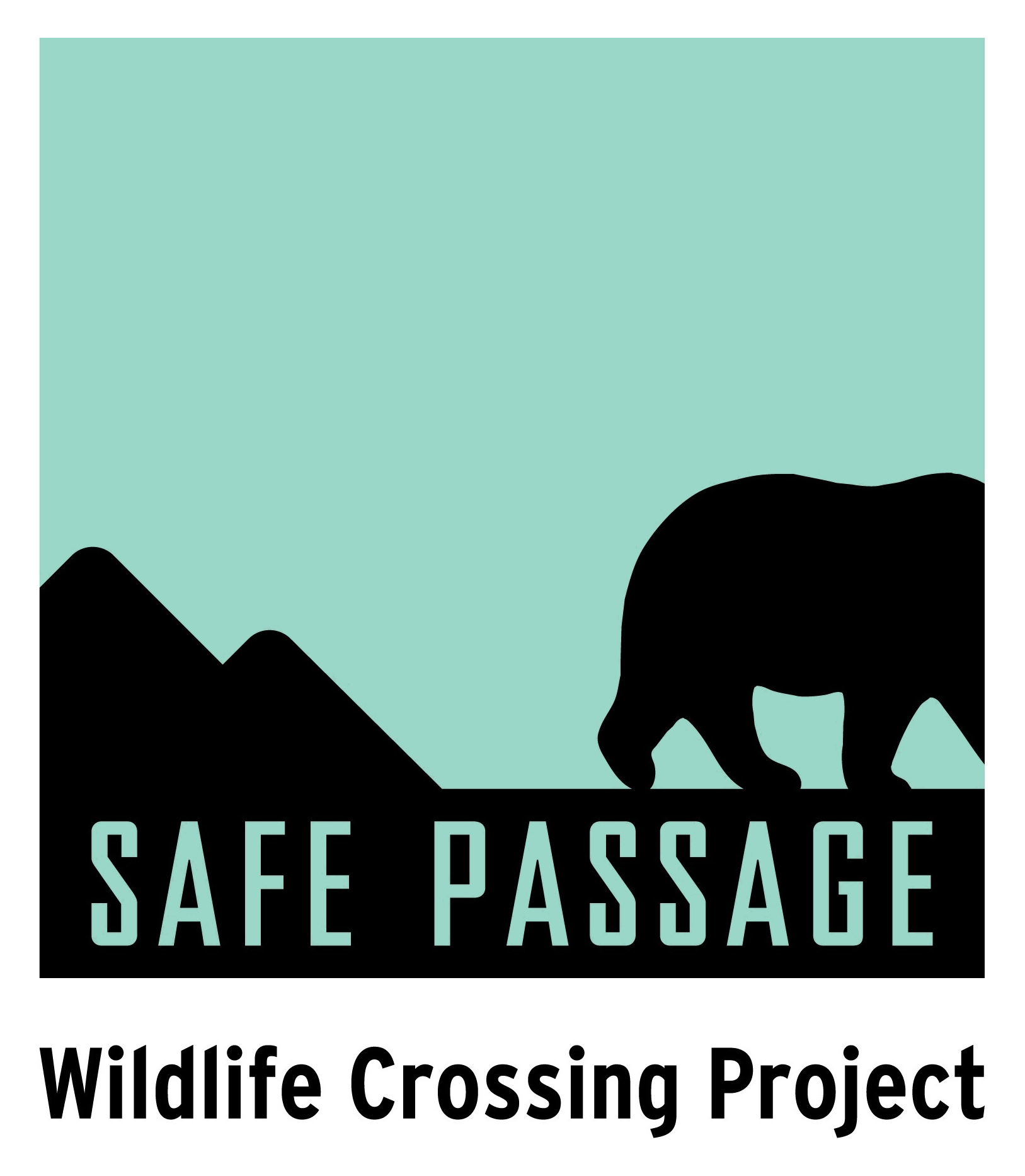By Nikki Robinson, North Carolina Project Manager, Wildlands Network
“How do you feel about roadkill?”
I asked this question countless times over the last few months while rehearsing my TEDx talk in front of friends and family. It was usually answered with a blank stare, and sometimes even a chuckle.
Many didn’t know how to respond. It’s not something they’ve considered, although all agreed it’s a bad thing. I kept asking.
Almost everyone has a personal anecdote of hitting an animal while in the car, or at least experiencing a close call. With larger animals, these incidents include unfortunate collision-related costs and injuries. So why are we not talking about this more?
Reducing roadkill is a win for human safety, a win for economics, and a win for the environment. And once that message becomes clear, people tend to open up about how they feel—and are interested in finding solutions to prevent it.
Recently, new federal funding opportunities for projects to reduce wildlife-vehicle collisions and reconnect natural landscapes were announced, and conservation groups are collaborating with state agencies to compete for these grants. We’re taking a positive step in the right direction to consider our long lasting impacts on the environment. Hopefully, that means lots of wildlife crossings will be added to our existing 4 million miles of roads across the country.
In the meantime, the next time you take a cruise, slow down—and watch for wildlife!
(It takes some time and practice to program these thoughts into your brain while driving. I was reminded to practice what I preach a few weeks ago traveling from Asheville to Boone, when a bobcat ran out in front of me on HWY US 221. The irony of almost causing a wildlife-vehicle collision while driving back from giving a speech on reducing roadkill was sickening. Luckily, both the bobcat and I escaped the encounter unscathed.)
